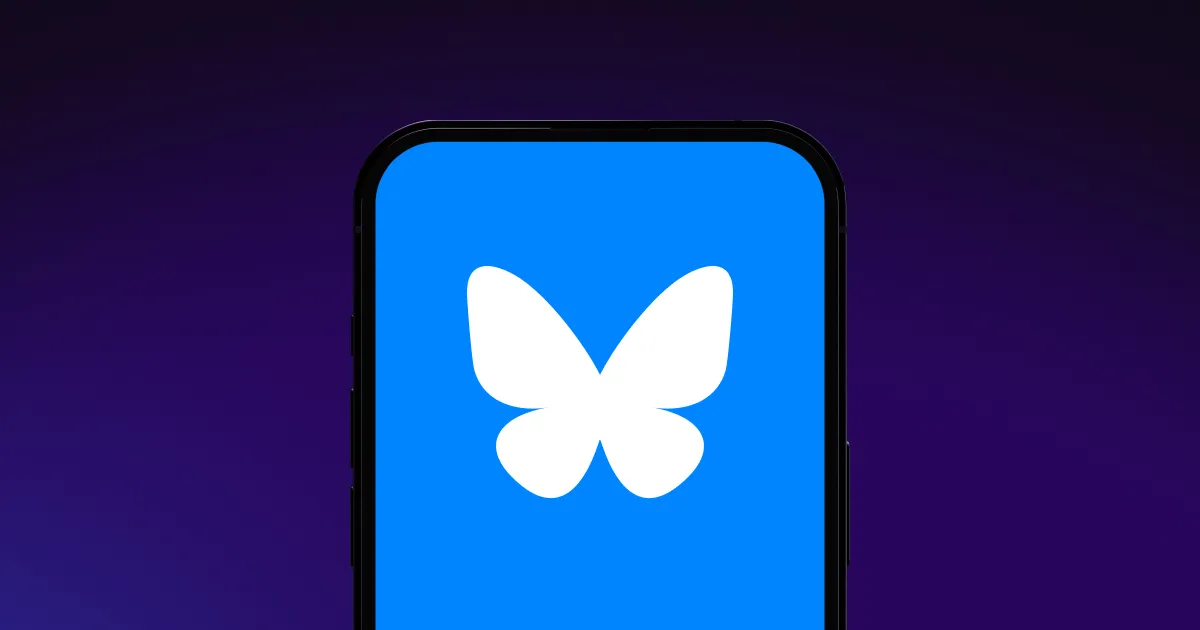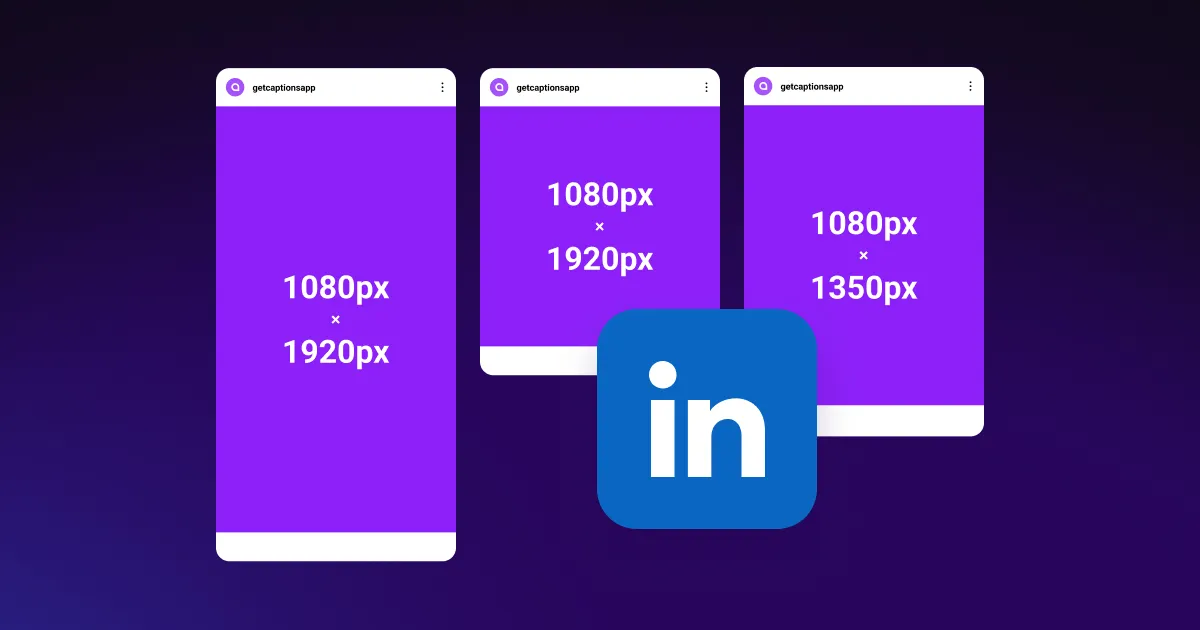How Much Do Content Creators Make? Understanding Earning Potential
Content creation has become a popular and rewarding career path, allowing creators to earn a living by sharing their passions and expertise online. But how much do content creators really make?
The answer varies widely depending on platform, audience, niche, and monetization strategies. In this guide, we’ll break down content creator salaries, explore income factors like platform choice and engagement, and highlight the top ways creators make money.
What Does a Content Creator Do?
Content creators connect with their audiences by building personal brands and fostering engaged online communities. They produce digital content like videos, blogs, and podcasts and play an essential role in modern marketing and branding. Companies collaborate with creators to authentically promote products and services, building stronger connections with target audiences.
Creators specialize in various platforms, and their work has become vital to how audiences consume information and entertainment online. Here are a few common examples of content creators:
- Video creators — Produce engaging video content for platforms like YouTube and TikTok, ranging from tutorials and vlogs to creative short films.
- Social media influencers — Share posts, stories, and short-form videos on Instagram, Facebook, and X, often collaborating with brands to promote products directly to their followers.
- Writers and bloggers: Craft detailed articles, reviews, and guides for websites or personal blogs, offering expertise on specific topics.
- Podcasters: Host audio content on platforms like Spotify or Apple Podcasts, covering themes such as storytelling, interviews, or niche discussions.

How Much Do Content Creators Earn by Platform?
Earnings for content creators depend heavily on the platform they use and the revenue streams available. Let’s explore some common platforms and how creators make money on each.
YouTube
YouTube content creators often earn money through ad revenue, sponsorships, and merchandise sales. On average, creators earn $3–$5 per 1,000 video views through YouTube’s AdSense program, though rates vary based on audience demographics and engagement.
Top YouTubers like MrBeast reportedly earn millions each year, with diversified income streams including brand deals and exclusive merchandise. However, many smaller creators make a modest living, often supplementing their earnings with affiliate marketing or memberships.
TikTok
TikTok creators can earn money by joining the TikTok Creator Fund, brand sponsorships, live gifts, and merchandise. The Creator Fund pays about $0.02–$0.04 per 1,000 views, which means a viral video with 1 million views might earn $20–$40 from the fund alone.
Big names like Charli D’Amelio have built empires with millions of followers, leveraging sponsorships and collaborations for considerable income.
Instagram influencers earn primarily from sponsored posts, affiliate marketing, and selling products. Micro-influencers (10,000–50,000 followers) can charge $100–$500 per post. On the other hand, creators with millions of followers can ask for $10,000+ per post.
If you're a content creator on Instagram, using the right trending hashtags can make all the difference in boosting your reach. Captions AI Instagram Hashtag Generator helps you quickly find trending and relevant hashtags, saving you time and ensuring your posts connect with the right audience.
Other Platforms
Platforms like Patreon, Twitch, and Substack allow creators to earn through subscriptions, donations, and premium content. The income potential on these platforms varies widely but often rewards creators with dedicated, loyal audiences.
Factors Influencing Content Creator Income
Not all creators earn equally, even on the same platform. Here are the main factors that impact earnings/
Platform
Some platforms, like YouTube, provide multiple monetization options, while others, like Instagram, rely heavily on brand sponsorships. Choosing the right platform for your content style can significantly affect your earnings.
Niche
Creators in profitable niches, such as tech, finance, and beauty, often earn more because advertisers are willing to pay premium rates to reach their audiences. For example, a tech YouTuber reviewing high-end gadgets might attract sponsorship deals compared to someone in a less commercial niche like personal journaling.
Audience Size
A larger audience generally means more earning potential. However, even creators with smaller, highly engaged audiences can earn well by targeting a specific niche or offering premium content.
Engagement Rate
Brands and advertisers prioritize engagement over follower count. A smaller audience with a high engagement rate can be more valuable than a larger but less active one. Metrics like shares, comments, and likes often determine how much brands are willing to pay for collaborations.
Location
Location matters because ad rates (CPMs) vary by region. Creators in countries like the U.S., U.K., and Canada often earn higher ad revenue compared to those in regions with lower CPM rates. Additionally, local purchasing power and brand partnerships can influence earning opportunities based on where the audience is located.
8 Top Ways To Monetize Content
There are countless ways for creators to turn their material into income. Here are eight of the most effective strategies to make money as a content creator.
1. Affiliate Marketing
Creators partner with brands to promote products, earning a commission for every sale made through their affiliate links. Affiliate marketing works well in formats such as YouTube reviews, Instagram stories with swipe-up links, and blog posts with embedded links, allowing creators to easily integrate promotions into their content.
2. Merchandise Sales
Selling products with your logo, such as T-shirts, mugs, or digital downloads, is a great way to earn while fostering audience loyalty. Offering exclusive or limited-edition items can create a sense of urgency, encouraging followers to make purchases and feel more connected to the creator’s brand.
3. Sponsored Posts
Creators collaborate with brands to create paid content. For example, a beauty influencer might post a makeup tutorial featuring a brand’s products. Sponsored posts can come in different forms, including Instagram reels, YouTube integrations, and TikTok challenges.
4. Exclusive Content Platforms
Platforms like Patreon and OnlyFans let creators charge subscribers for premium content, such as behind-the-scenes videos, tutorials, and personalized shoutouts. This model works well for creators who want to build a close-knit community by offering content that goes beyond what’s available to the general public.

5. Consulting and Coaching
Experienced creators can offer one-on-one coaching or consulting services in areas like social media strategy or video production. This income stream is ideal for someone with a deep understanding of their field, such as photographers teaching editing techniques or marketers advising on content growth strategies.
6. Ad Revenue
Platforms like YouTube give a portion of ad revenue to creators, making it a primary income source for many. The amount earned depends on video length, audience demographics, and engagement rates. For creators producing evergreen content — such as tutorials or educational videos — ad revenue can provide a steady, long-term income stream as new viewers discover their work over time.
7. Online Courses or Ebooks
Creators can package their expertise into courses or ebooks, offering valuable resources to their audience. Platforms like Udemy, Skillshare, or Gumroad make creating and distributing educational materials easy.
8. Live Streams and Donations
Creators on platforms like Twitch and YouTube can earn through live streams by receiving donations or tips from fans. Interactive features like Q&A sessions, live tutorials, and gaming challenges make live streams engaging and encourage fans to contribute.
Improve Your Content Creation With Captions
Understanding your potential earnings as a content creator is key to building a durable career in the digital world. With the right platform, strategy, and top-notch editing tools like Captions, you can maximize your income and keep your content fresh, engaging, and profitable.
Captions’ AI Video Editor gives you the resources to create polished, professional videos for any platform. Adding text with our Video Captions Generator ensures your content reaches a broader audience, and features like dubbing and background noise removal ensure your audio is perfect.
Try Captions today.
FAQs
What Skills Do I Need To Be a Content Creator?
Key skills include storytelling, video editing, social media management, and audience engagement. Creators also benefit from learning graphic design, SEO, and analytics to boost content and reach wider audiences. Business skills like marketing, negotiation, and time management are crucial for building partnerships and maintaining a sustainable career.
How Do You Make Money as a TikTok Creator?
Content creators earn income through various streams, including advertising revenue, brand collaborations, sponsored posts, and selling their products or services. Platforms like YouTube, TikTok, and Instagram offer monetization opportunities through creator funds, memberships, and fan support.
Do Content Creators Pay Taxes?
Yes — content creators must report their earnings and pay self-employment taxes, including income and social security taxes. Creators should track expenses like equipment, software, and travel for potential deductions and consider consulting a tax specialist to comply with local laws.









